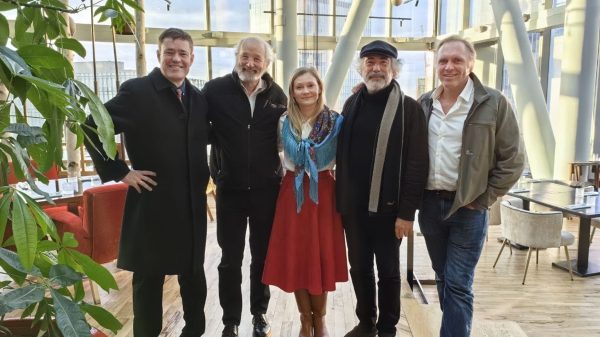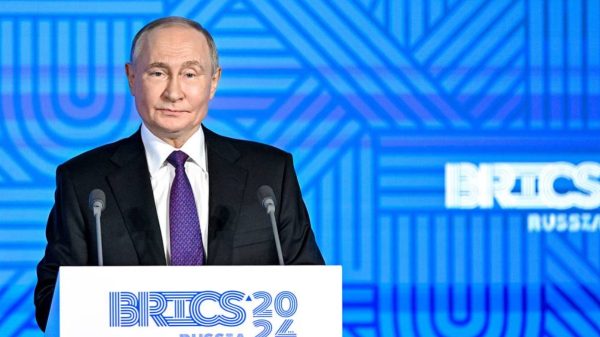Impact of change and the importance of hope
- Update Time : Friday, August 11, 2023

Throughout history, leaders have risen with ambitious promises of change for their nations, but the outcomes have varied greatly. Two prominent figures, Zulfikar Ali Bhutto and Imran Khan, both championed the idea of a “New Pakistan,” but their haste and ego-driven approaches resulted in more enemies than friends and, ultimately, failed models of governance.
A comparable case arises with Adolf Hitler, who sought to restore Germany’s pride after a series of invasions and internal struggles. However, his aggressive approach and reliance on a sense of national superiority, or “superego”, led to catastrophic consequences, causing widespread destruction due to his own misguided decisions.
In contrast, there are examples of leaders who achieved positive change without such failures. Nelson Mandela and Martin Luther King Jr. utilized non-violence as a powerful tool. They built bridges with their oppressors and demonstrated remarkable forgiveness, leading to sustainable progress.
A similar model was employed by Prophet Muhammad (peace be upon him) in the arid lands of Arabia. He advocated responding to hatred with forbearance, showing immense patience during years of oppression without retaliation.
While these leaders did stand against their adversaries, they first focused on building character in their followers. They exhibited the courage to respond to hatred with tolerance, leading to transformative outcomes. This approach required hope as a driving force. The slogan of change alone is not enough; it must be accompanied by hope, or it withers before it can blossom.
Muhammad (peace be upon him), Mandela, and King were not hasty in seeking change. They embraced the principle of evolution, gradually working towards their goals, which allowed their models of governance to succeed.
A poignant example from recent times is the tragic incident of hundreds of Pakistanis perishing in the Mediterranean Sea while attempting to reach Europe for better opportunities. The root cause of this tragedy is a mindset that Pakistan has become unlivable, leading people to trade their lives for the uncertain promise of a foreign land. This mindset is a problem, not just for the government or the system but for citizens as well. It stems from a model of doing business that lacks hope and relies on externally imposed change.
The path to success, whether in Pakistan or abroad, lies in doing business the right way—without haste, believing in the principle of evolution, and embracing hard work, resource efficiency, and avoidance of overconsumption. The lesson of striving and steadfastness, as expressed by the great Islamic jurist Imam Abu Hanifah, underscores the value of hard work. To overcome challenges and achieve progress, we must distance ourselves from indolence, which is a calamity and an unfortunate state.
The individuals who tragically lost their lives in the Mediterranean Sea might have been saved if they had embraced a mindset rooted in patience, hope, and faith in the natural process of evolution. The change we seek requires a holistic approach, with hope as its guiding light.



















Leave a Reply